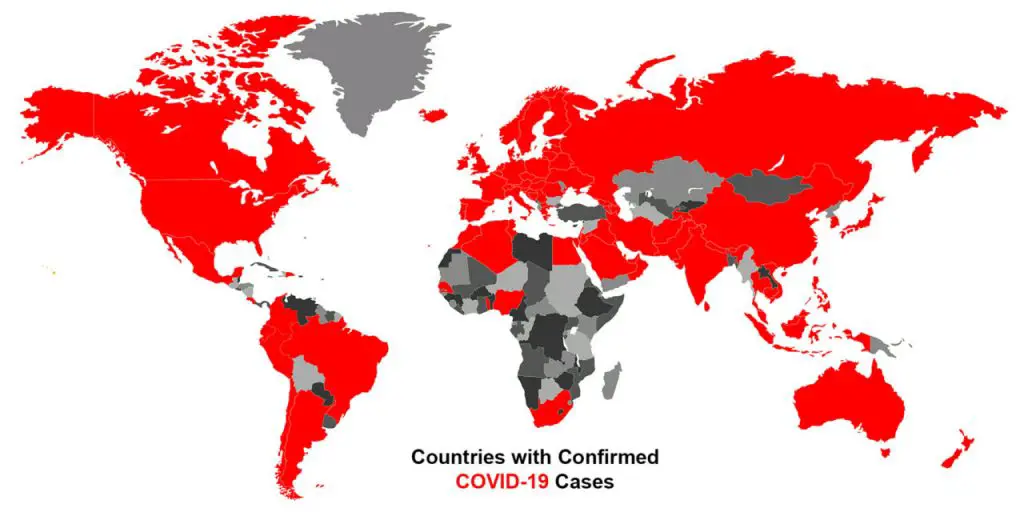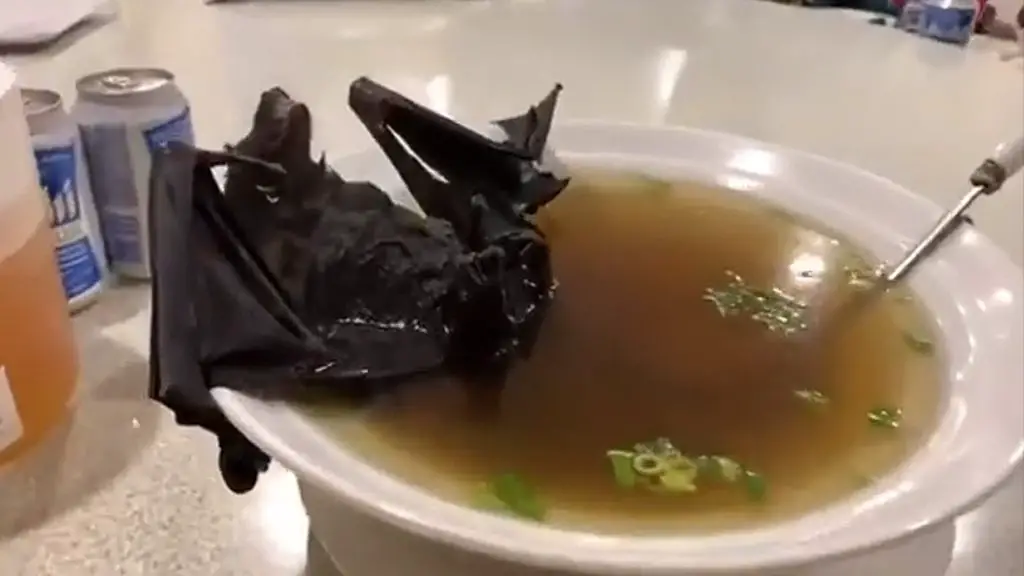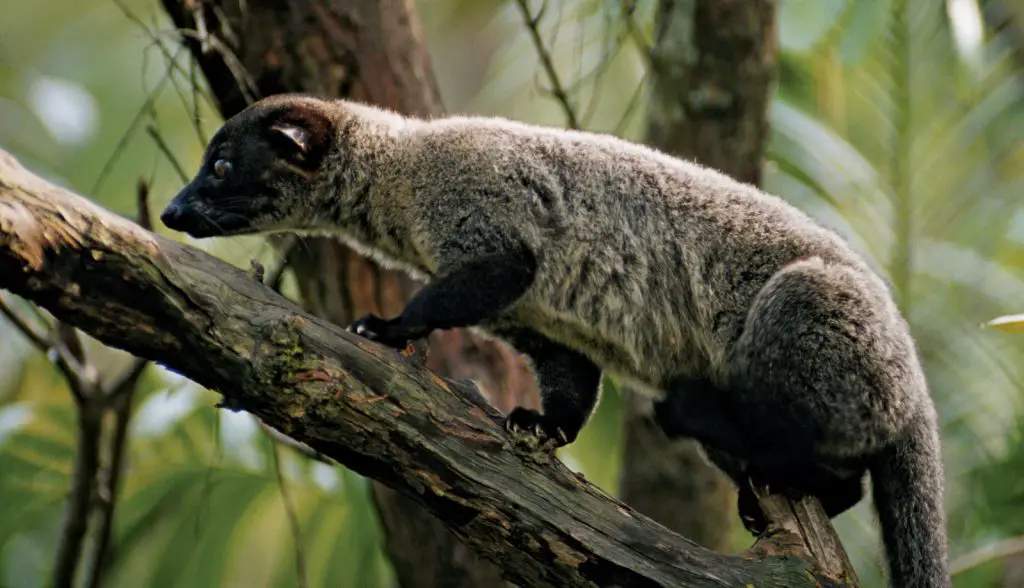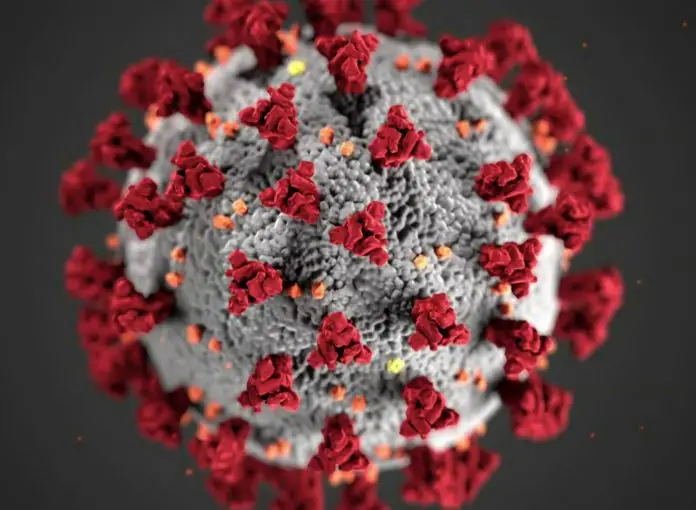The coronavirus scare has juggled with the minds of people at the global level. While this COVID-19 pandemic has affected many, collapsed the economy, and has made people lose their near ones. There are a lot of hoaxes and misinterpreted theories that have further added to the fear in the minds of people. During such a time of crisis, while the need of the hour becomes helping the global population with the correct channels of information, these theories have spread like wildfire across the global arena.
Truth Or Myth?

The Centre for Infection and Immunity at Columbia University’s School of public health during these times has warned the public of not to get misguided by such information. It is not the time to panic, they said, but rather, it is the time for everyone to stand united for this common cause against COVID-19.
Nonetheless, people in the United States have continued to circulate rumors and misinformation about the pandemic, with a bulky dose of conspiracy theories and racism-infused paranoia to further add a catalyst to the scare.
The fact that the virus seems to have surfaced on the soil of China gives a further incentive to spread such misinformation by rival states. Tracing the psychological tendency of humans, people, when they are anxious, tend to share misinterpreted theories in a fit of fear. The strained relationship between China and the US further adds to these. The environment of skepticism created by government officials through their comments has contributed to a deep sense of fear and anxiety, where misinformation can easily thrive, especially on social media.
One such unscientific theory is that the coronavirus originated among Chinese people eating bats.
Does Eating Bats Lead To COVID-19?

Since most coronaviruses originate among mammals, and as the current known theory among people is that COVID-19 originated in a live animal market in Wuhan, many on social media have concluded a theory that the disease is mainly a result of some Chinese people’s predilection for eating bats, which is majorly putting global health at risk. This assumption has further been accentuated by various viral videos of how the food in the streets of Wuhan containing bats, is being devoured by the locals.
Such posts and videos were immediately taken up by blogs, which often ran non-judgmental, non-Eurocentric headlines like, “Is this objectively disgusting soup what’s causing the coronavirus outbreak?” to which the people on social media professed their horror saying that a person cannot remain healthy after consuming such inedible stuff and that the virus is bound to emerge.
To refute such claims, specialists have said that while it is a heard practice in China of eating small mammals like bats, however, it is not a commonplace practice, and thus for a country of having more than 1.3 billion people, putting such un-verified claims leads to a massive generalization. According to survey data, Chinese diners have claimed that the practice of eating exotic animals has reduced and become less common following the 2002-2003 SARS outbreak.
Moreover, researchers claim that the virus was actually passed to humans through a breed of a large cat, known as the palm civets. While there has been no evidence that bats led to the outbreak of COVID-19, authorities have also claimed that many people who were tested positive for the virus did not have any contact with any living animal prior to contracting the illness.

Researchers, as well as the indigenous Chinese population, has claimed that although the accurate source of the virus still remains a matter of debate, attributing such origin to food habits of some particular region is highly inaccurate and offensive. According to the scholars on global health security at the University of Sydney, it is not just a matter of consuming exotic animals, rather, one should be mindful before picking on or condemning particular cultural practices. It is especially true for the Chinese since it stems from a collective memory of food shortage and famine when the country was ravaged by wars.
According to the political economist Hu Xingdou, “Chinese people view food as their primary need because starving is a big threat and an unforgettable part of the national memory. While feeding themselves is not a problem for many Chinese nowadays, eating novel food or meat, organs or parts from rare animals or plants has become a measure of identity to some people.”
Find out more about such popularly circulated conspiracies and controversies, such as the age of singer Lorde.
